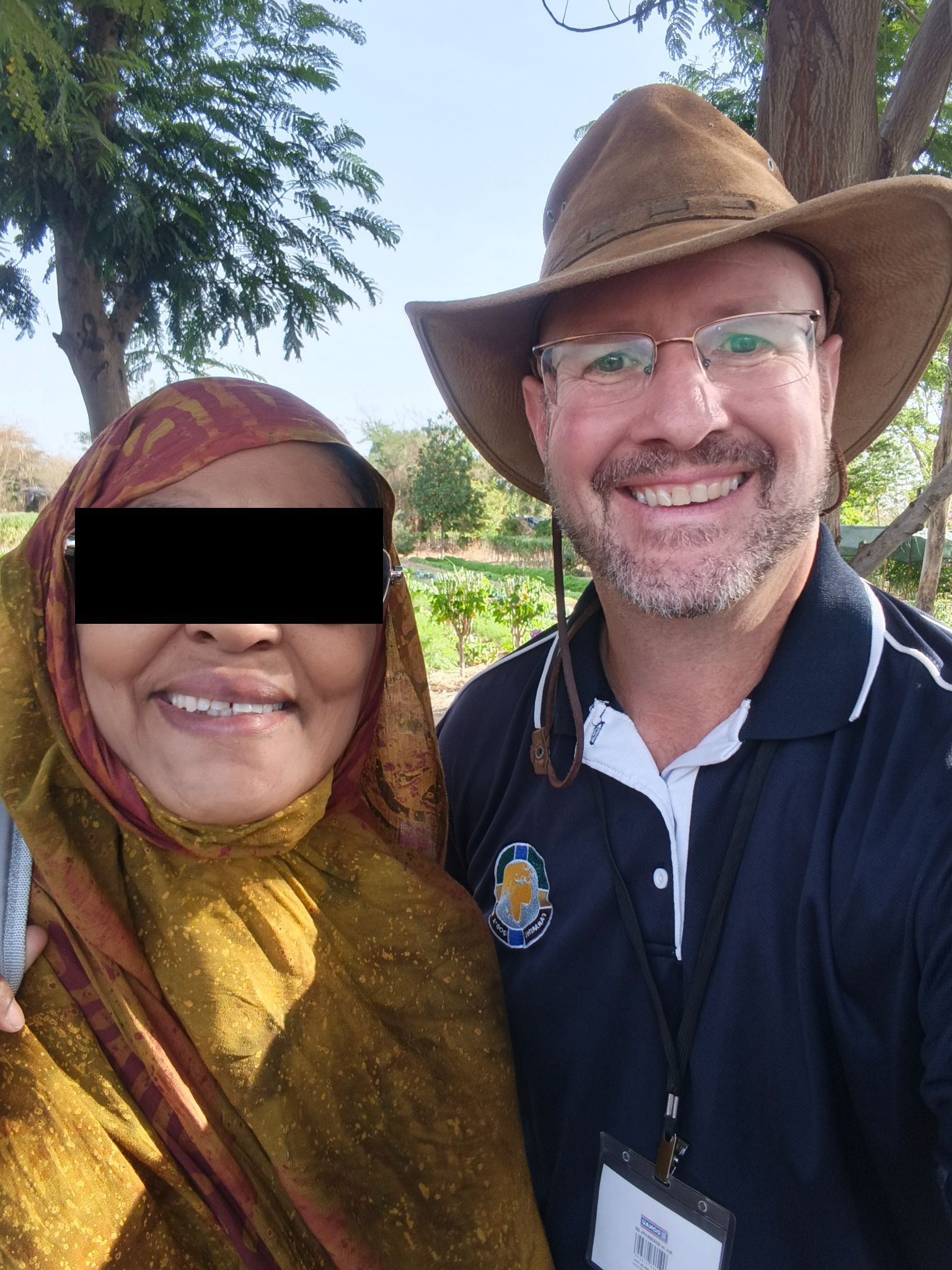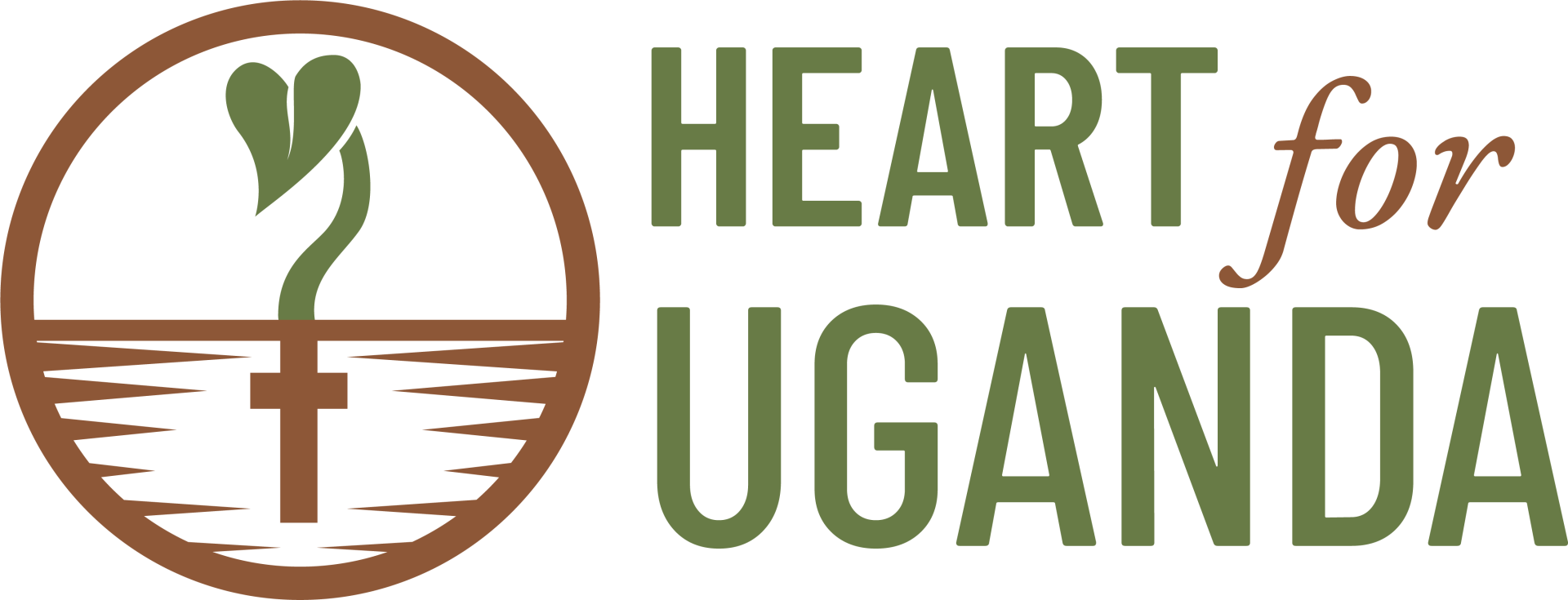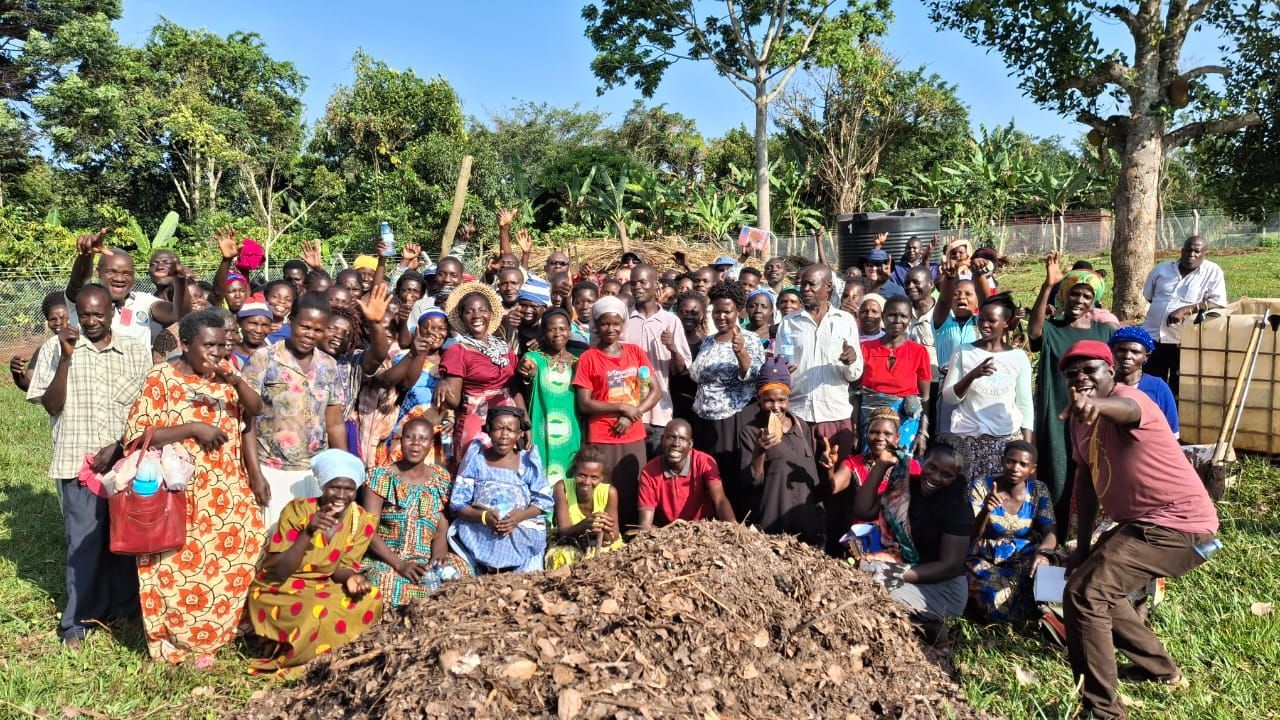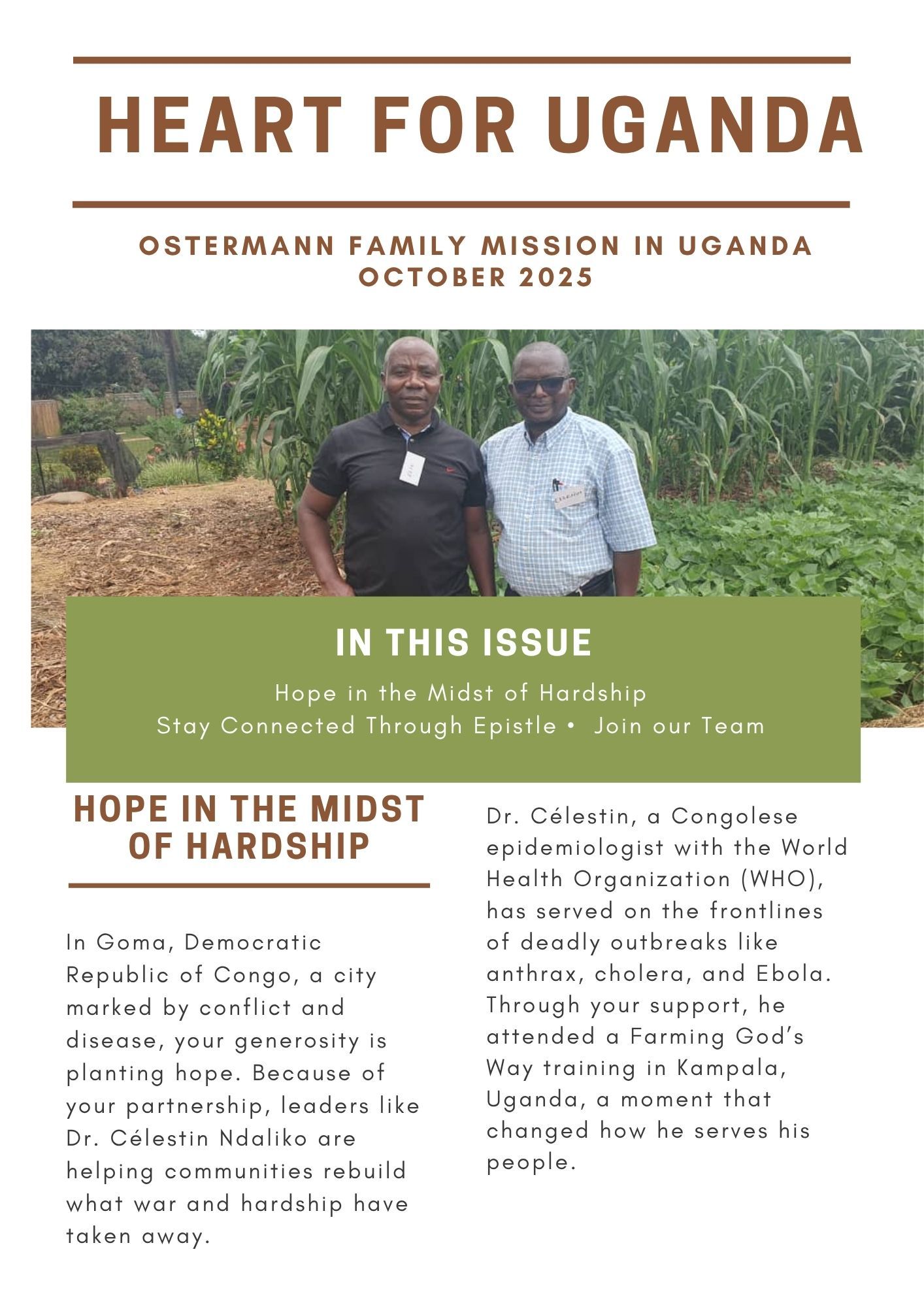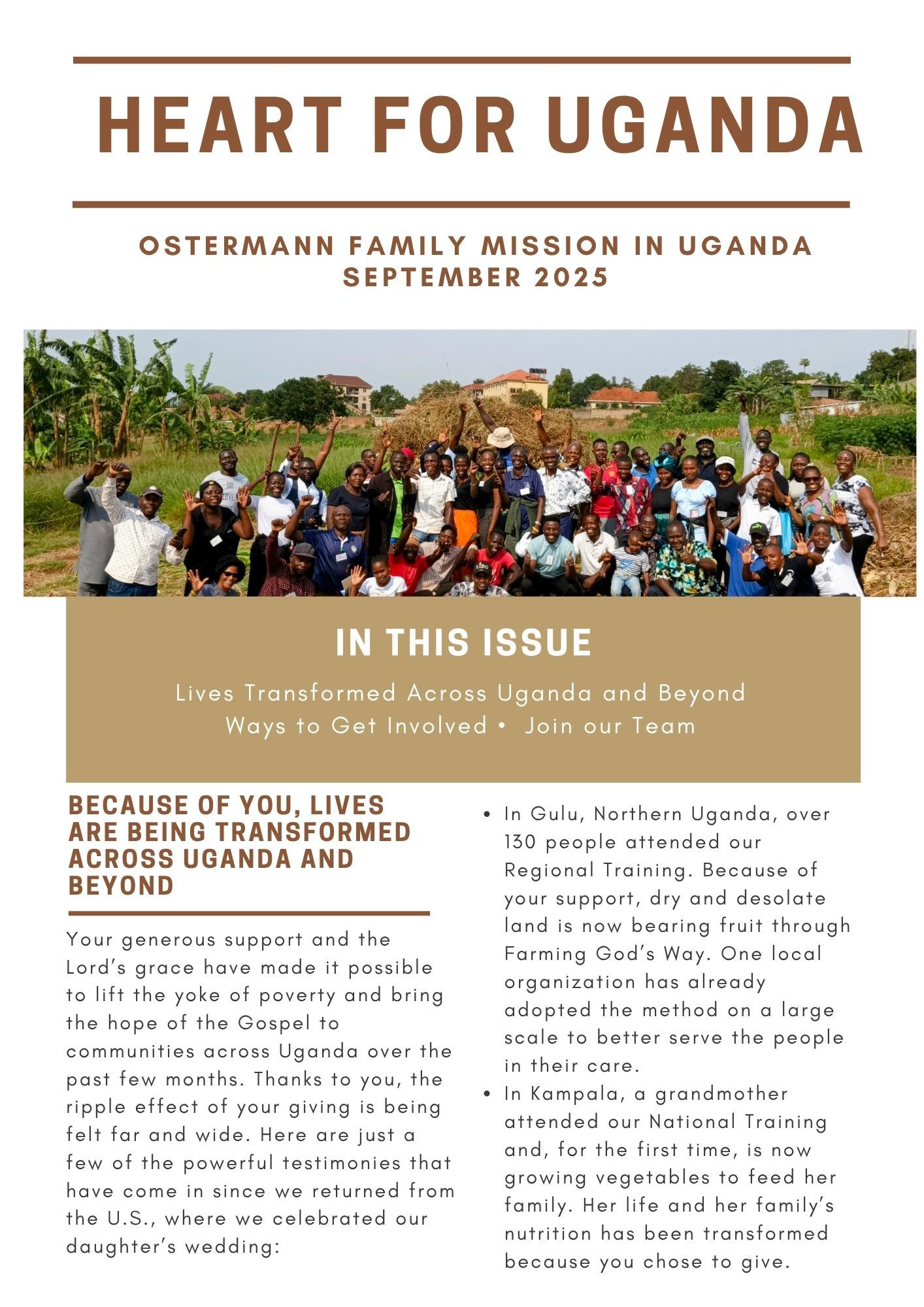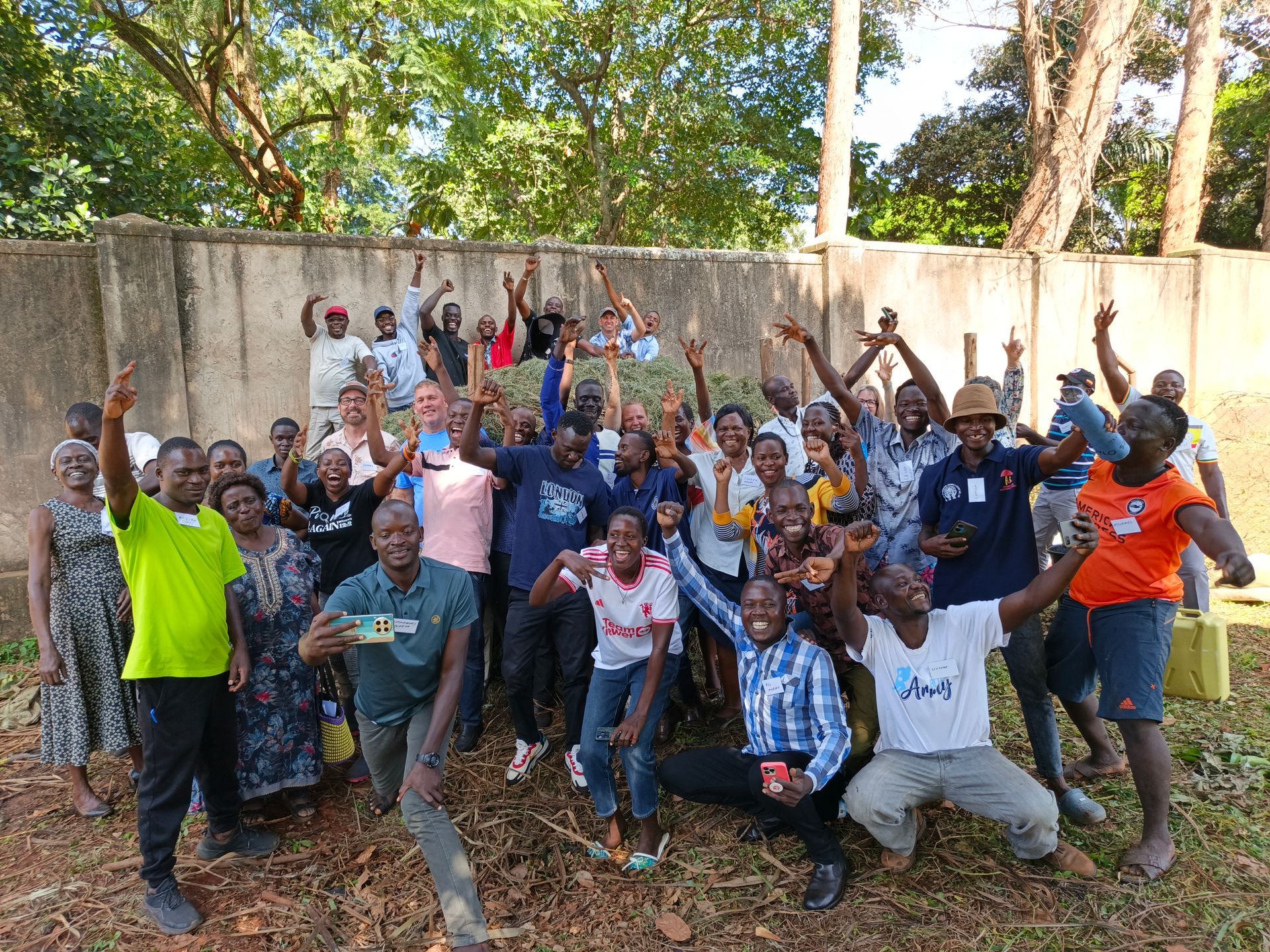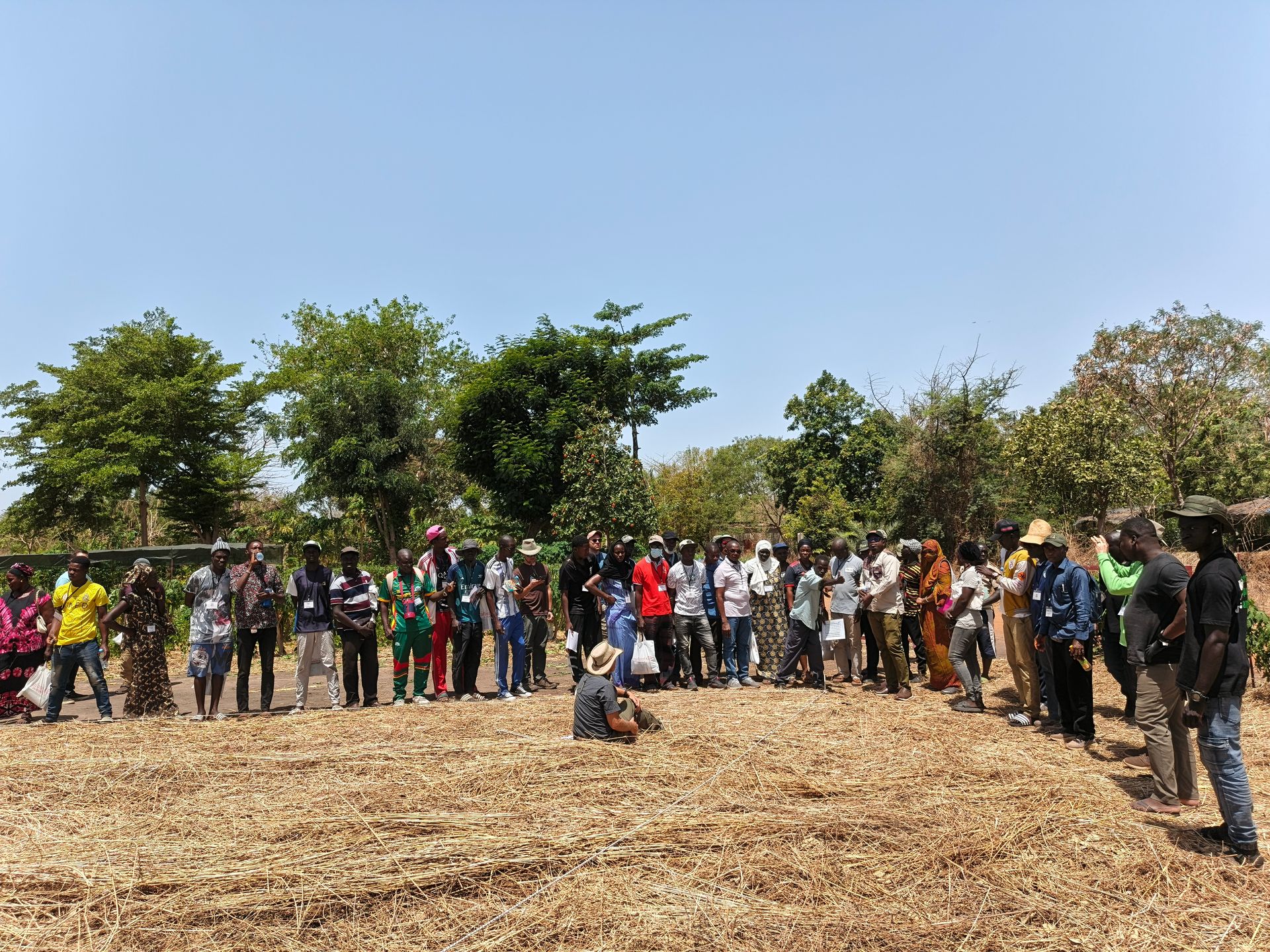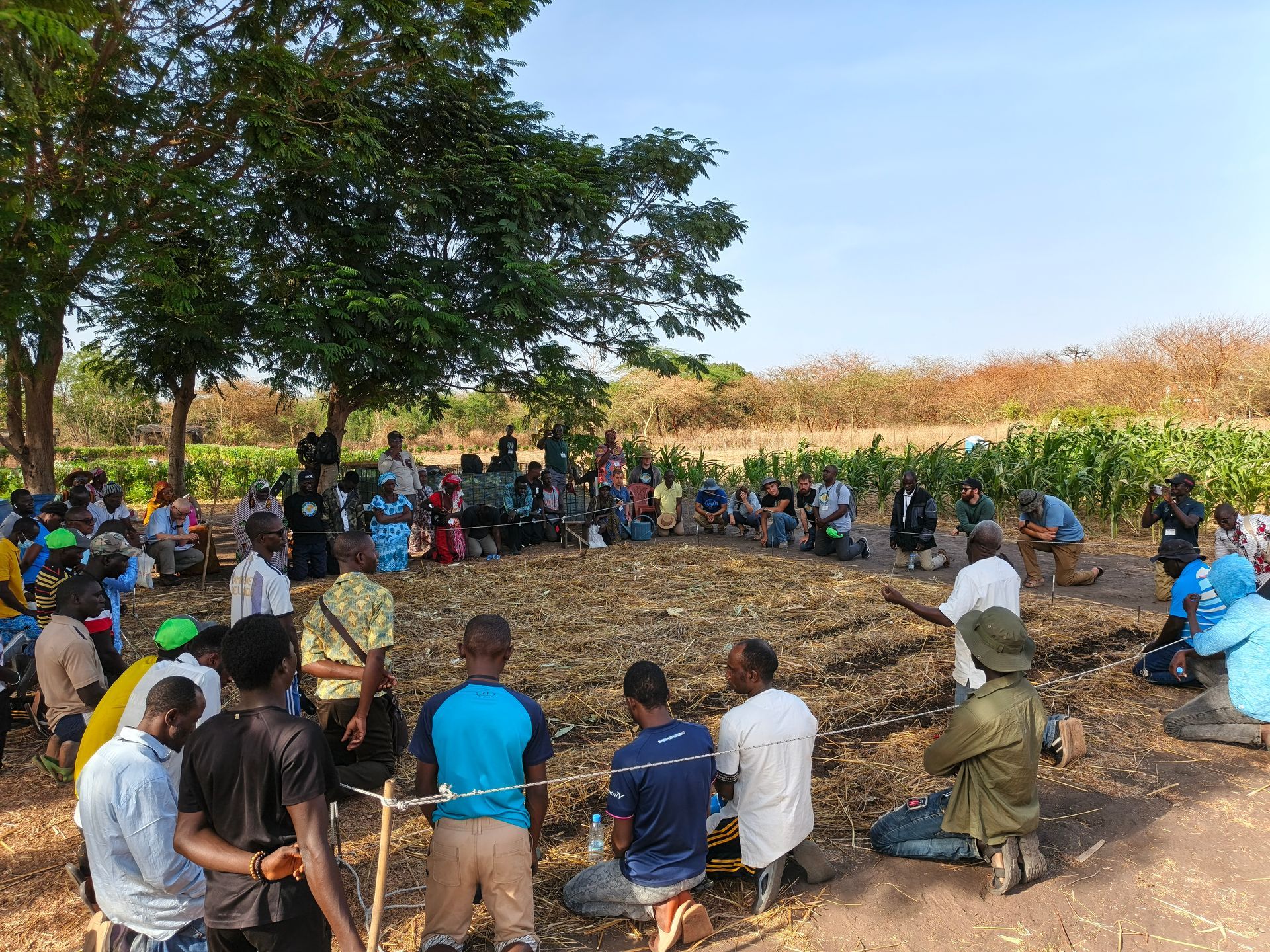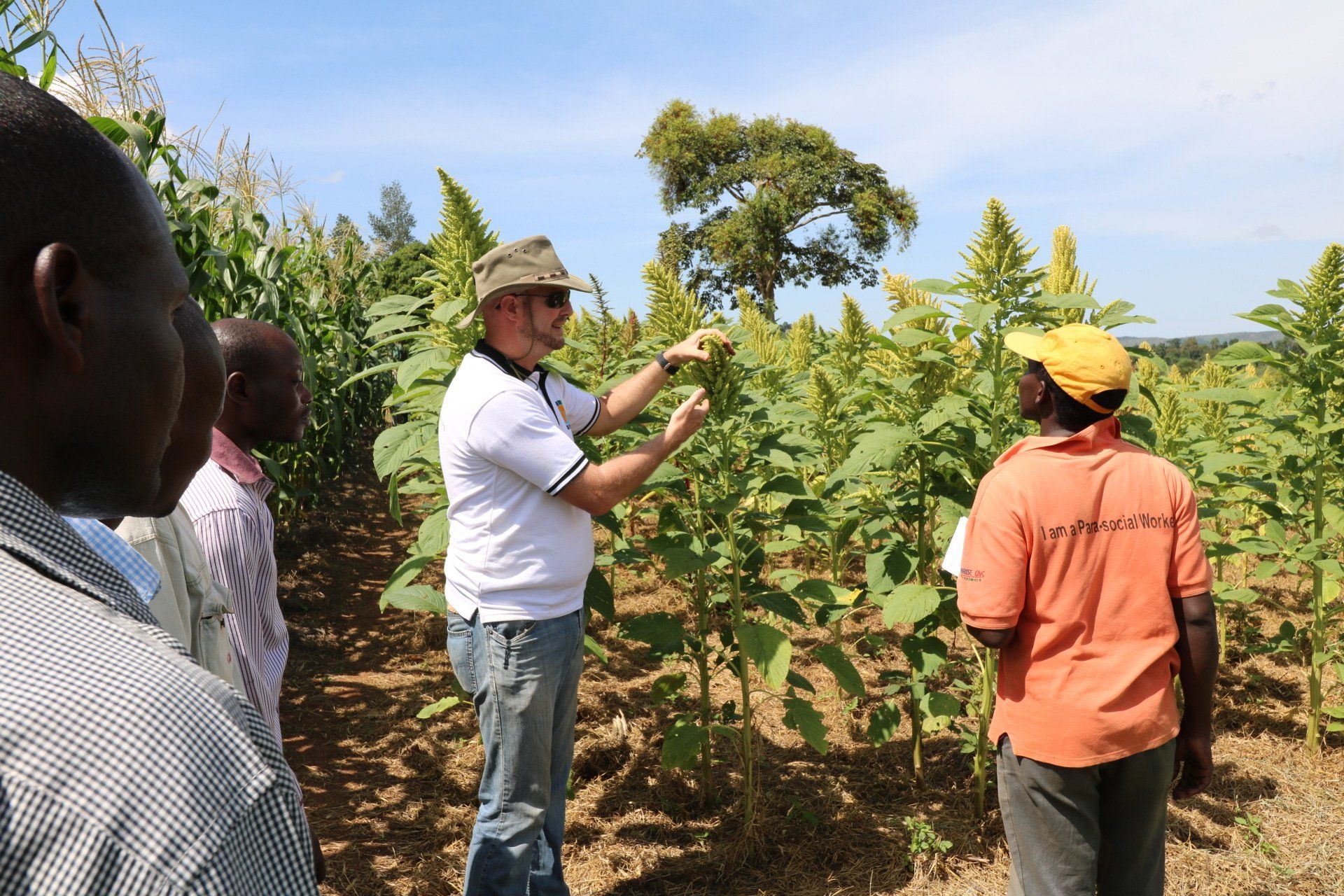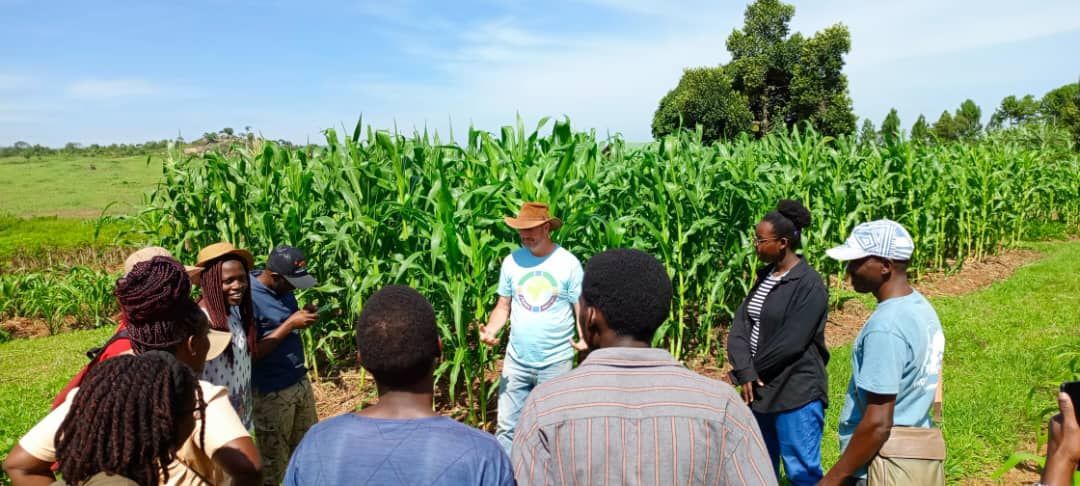Driving in Uganda
Driving in Uganda has been described by some as “a series of near misses”. My friend, Caleb Deerinwater, likened driving in Uganda to a game of chicken with no rules. I’m starting to get used to driving here, but it is much different than driving back in the states. Driving back home can sometimes be a passive task that doesn’t take much thought. Driving here requires alertness at all times to dodge potholes, speed humps, bodas (motorcycles), bicycles, pedestrians, cows, goats, and chickens.
You must be ever vigilant while driving and always check your mirrors before you make any move in any direction because the bodas seem to appear out of thin air. You can look in your right mirror and then your left and by the time you can look again in your right mirror, there is a boda right beside you. This is one of the reasons that they say driving here is a series of near misses!
The first challenge we faced while driving in Uganda is the fact that you need to drive on the left side of the road. I was really concerned that this would be a difficult thing to learn; however, it has proven intuitive since the steering wheel is on the right hand side of the vehicle. The three biggest challenges I’ve faced with driving on the wrong (left) side of the road are: turning on the correct side in intersections, turning on the windshield wipers instead of turn signal since these are reversed, and attempting to enter the left side of the vehicle when intending to drive. I’ve been driving here almost three months and I made all three of these mistakes today!
Driving is especially dangerous at night because people will walk on the road wearing all black and other cars tend to drive with their bright lights on. The pedestrians wearing black are especially hard to see after getting blinded by oncoming traffic with their brights on! Boda drivers also often drive without their lights on making them hard to see until you are almost on top of them. I’ve asked why they don’t use the lights and was told that many believe that it will use more fuel if the lights are on. Imagine risking your life to get a few more MPG! Boda accidents are the leading cause of injuries on the roads. I’ve personally witnessed two boda accidents in the short time I’ve lived here.
Vicki drives the kids to school as a part of a car pool on many mornings and I asked her if she was comfortable with the drive yet. She said that she is becoming more used to the driving, but she doesn’t think she will ever become comfortable (nor should she). The drive is different every day because new challenges are presented each time.
We are very fortunate to live in Jinja as the traffic there is so much better than the congested traffic of the capital city, Kampala. At times, we have to travel into Kampala, but only when absolutely necessary. Here is a quick video of what it looks like to drive in Kampala.
Just because the traffic in Jinja is not as bad as Kampala, doesn’t mean it is not dangerous. Just yesterday, a friend of ours lost one of his good friends when his bicycle was hit by a car.
The post Driving in Uganda appeared first on Heart For Uganda.
